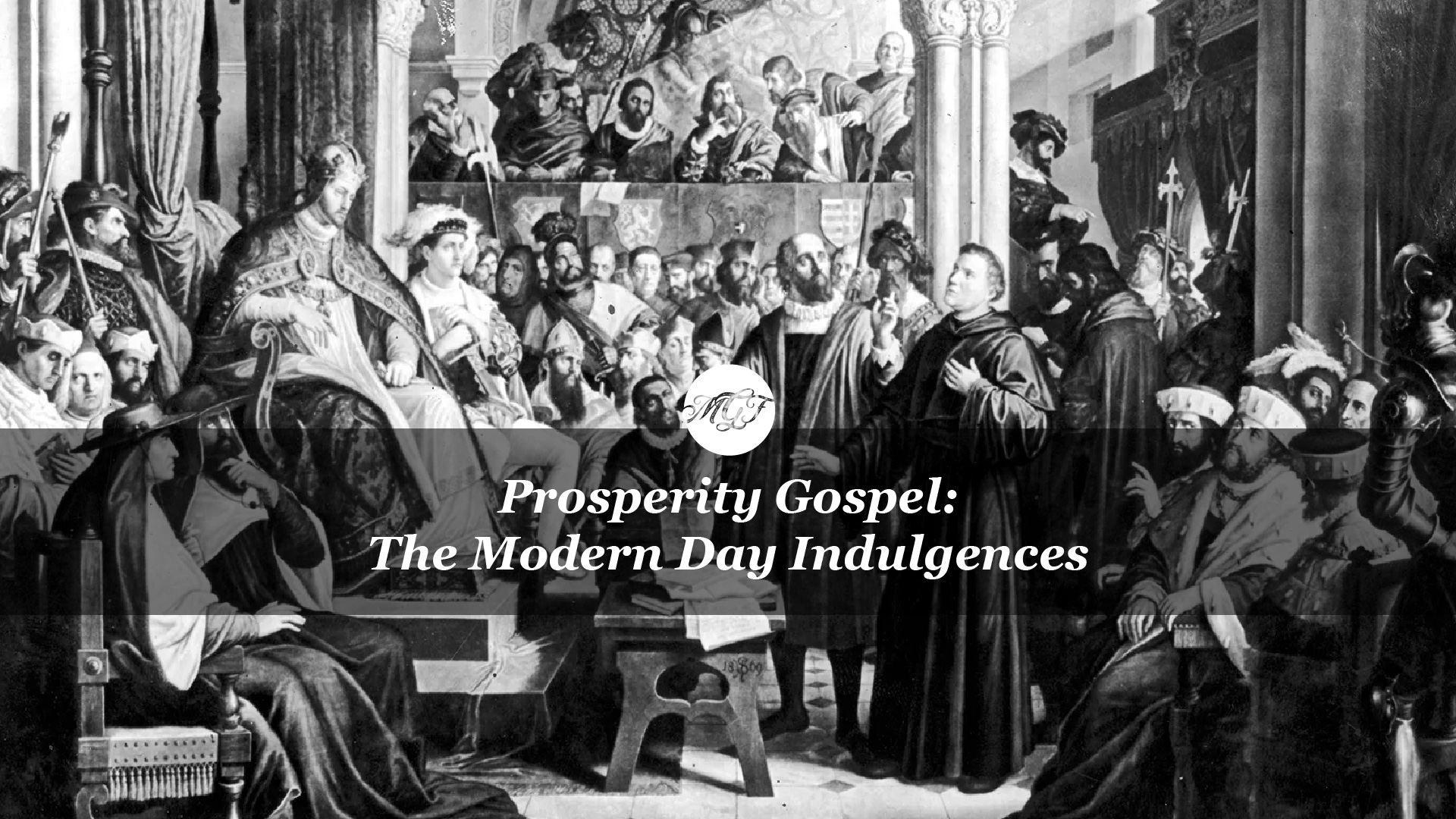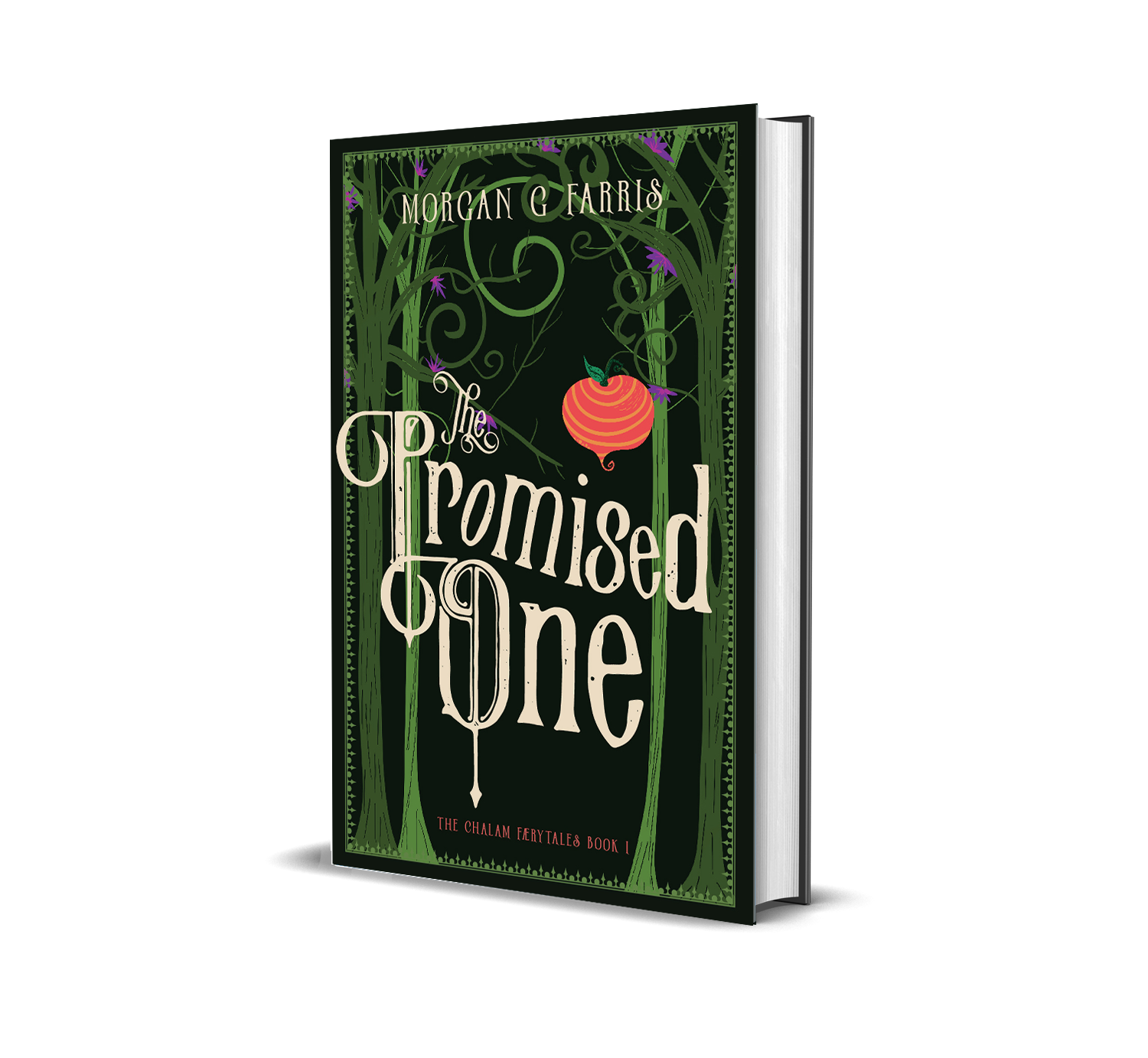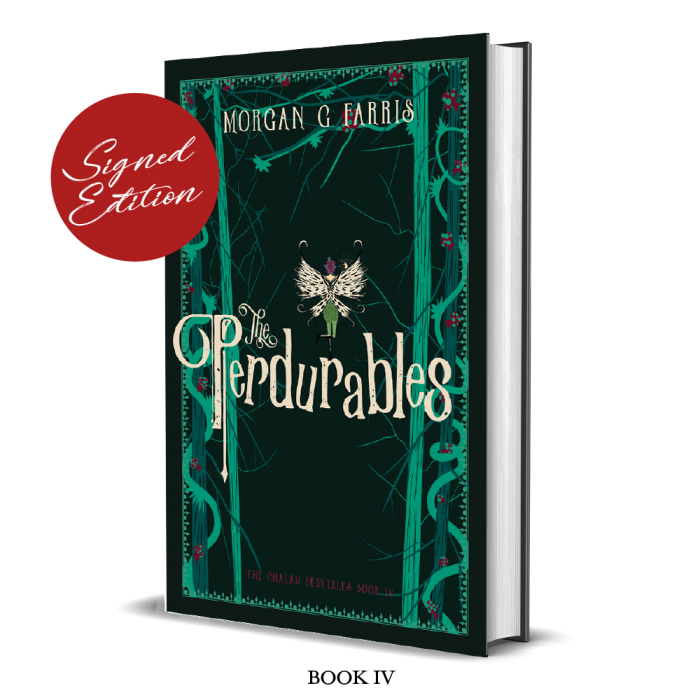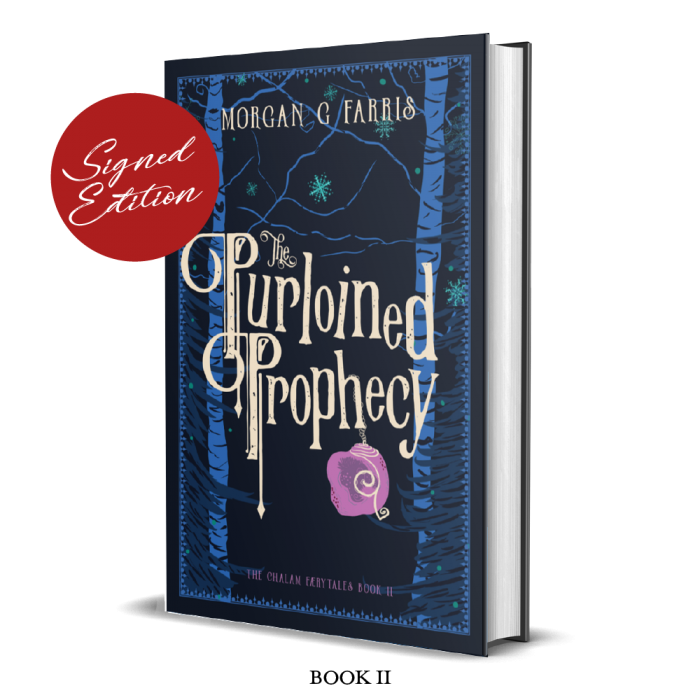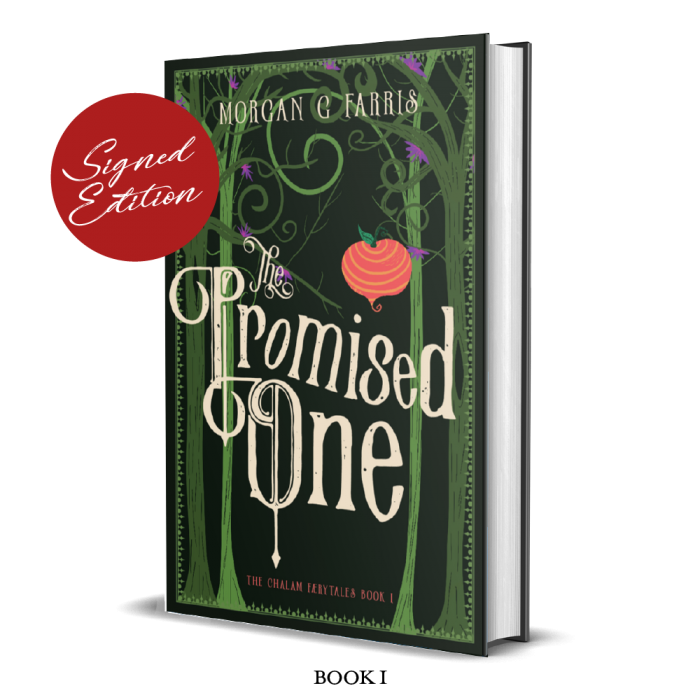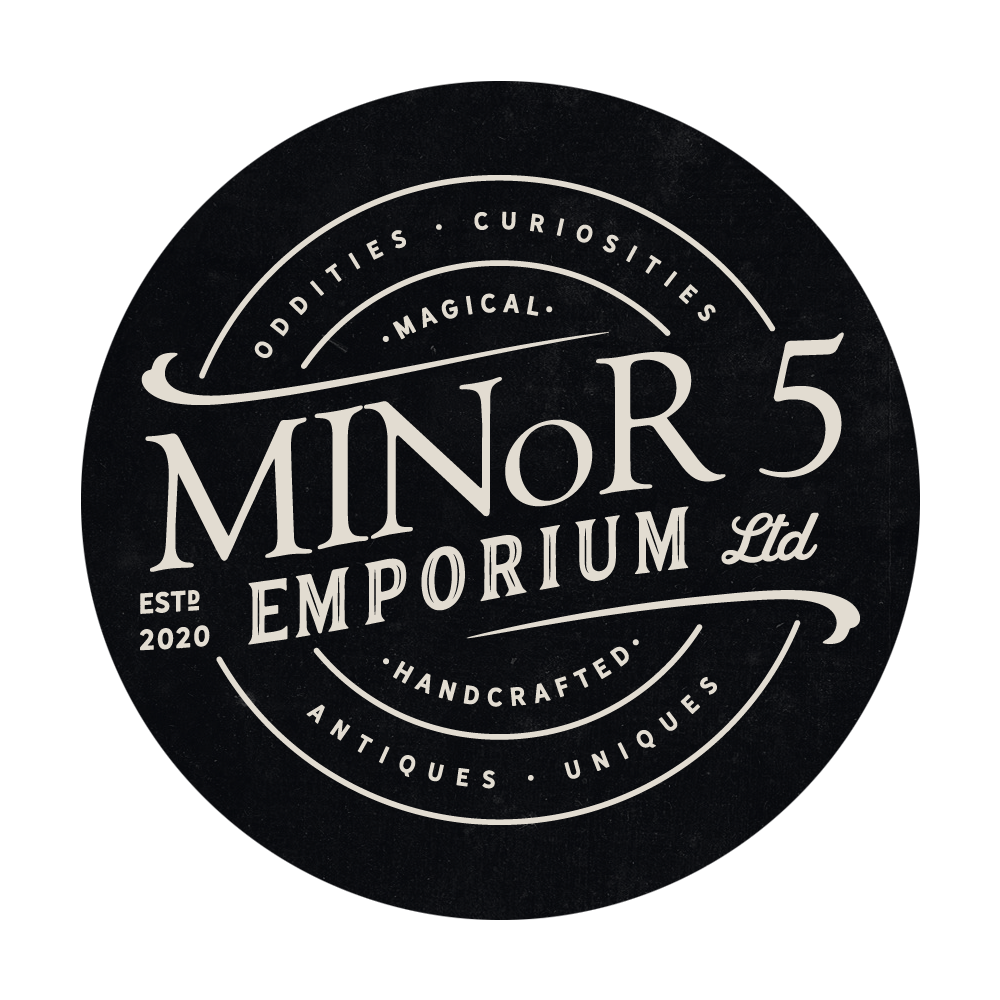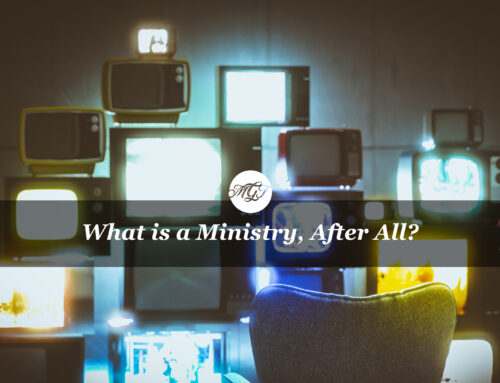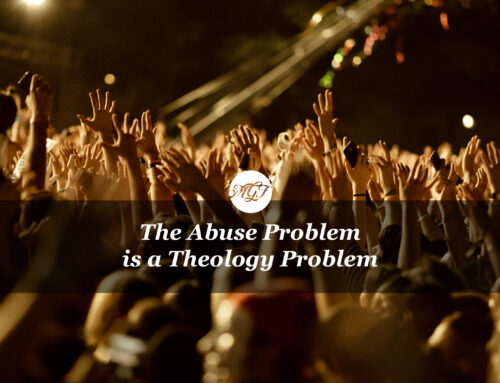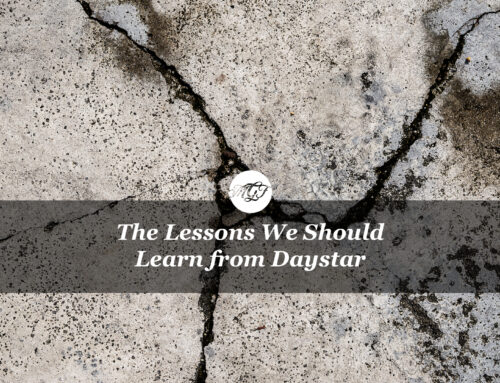A little Church history never hurt anyone. In this case, I think it’s critical that we take a look at our past because it has become obvious to me and a few others that the Church has slipped right back into the very practices that necessitated the Protestant Reformation without batting an eye. Namely, the sale of indulgences.
If you’re not familiar with the concept, in a nutshell, sometime in the 1500s, Martin Luther and others in the Church grew weary and skeptical of the Catholic practice of selling indulgences. Priests would offer blessings, offer to pray for family members to get out of Purgatory, offer healings, and more to lowly parishioners for a simple fee — or an indulgence. In other words, believers could buy their own miracle for one easy payment of $19.99 (proverbially speaking, of course).
Luther read the Bible, unlike so many in his day, and found nothing about indulgences. In fact, he found so many dissimilarities between the Bible and what the Church had become that he wrote a now infamous manifesto entitled the Ninty-Five Theses and posted it on the church wall.
That was the beginning of the Protestant Reformation before the concept even existed. Five hundred years later, Protestants have branched out into a wide spectrum of denominations, all rooted in one common ancestor: a small group of Germans who read the Bible for themselves and decided to live by it and it alone (sola scriptura, anyone?).
That’s a 100,000-foot view of the topic, of course. There were many nuances to the movement, which took decades to latch on in Europe. But thanks to the printing press, King Henry VIII’s desire to divorce his wife, and a few other coincidences, the Protestant Reformation soon swept like a wildfire across Europe and crossed the Atlantic to the Americas in the 1600s. The birth of Protestantism had begun.
The movement was simple, really. The Bible alone is source enough for our faith. Nothing more, nothing less. But as humans are always going to human, we complicated that simple idea layer by layer, denomination by denomination, theology by theology over the course of centuries only to find ourselves today in a cesspool of non-sensical and utterly non-Biblical fringe theologies.
Enter: Word of Faith Christianity
Now before you go thinking I’m picking on one fringe sect of the faith (because believe me, there are plenty more to pick on), let me preface what I’m about to say with this: Word of Faith got their act together. They learned to mass-market. They learned to fundraise. They honed the message and put it in a botoxed, false-eyelashed, tummy-tucked, uber-rich, platinum blonde package. They learned how to mass-produce the movement across televangelism beginning in the seventies and proliferating in the nineties. They created television networks like Daystar and TBN, radio stations, conferences like Bethel Heaven Come, merchandise, music, music artists, studies, programs, and more. Then they set their sights on culture and politics, shouldering their way into places like the White House itself. They’re smart, I’ll give them that.
But the movement is about as Biblical as the Coexist movement or an episode of Bluey. It sounds great, it feels great, and it looks really good. But it is not of God by any means. And much to their chagrin, the Church is finally catching on to that.
So what does the Word of Faith movement have to do with the Protestant Reformation?
I recently saw a now-viral video of Paula White offering Passover blessings, including having your very own angel assigned to you!! All you have to do is sow a seed of faith — a thousand dollars is recommended — to Paula White’s ministry. The video went viral for its blatant use of the Prosperity Gospel, and X was abuzz with Christians bemoaning this obvious abuse of the Biblical principles of generosity, provision, and blessing. I’m glad it went viral and I’m glad so many people spoke out against it. This practice is no different than the sale of indulgences 500 years ago that prompted an entire reformation in the Church, radically changing her trajectory. You cannot buy God’s miracles, His blessings, His grace, or His goodness. That should be obvious to even the newest Christian. But Paula’s defenders will be the first to say that she didn’t ask anyone to buy God’s blessings; she simply said that God will bless you when you trust Him enough to give her your money.
Friends, if you cannot see how those are the very same thing, I pray God opens your eyes.
This practice is no different than the sale of indulgences 500 years ago that prompted an entire reformation in the Church, radically changing her trajectory. You cannot buy God’s miracles, His blessings, His grace, or His goodness.
An Easy Target
But let’s be honest: Paula White is easy to pick on. She’s the obvious charlatan, the easy prey. These kinds of blatant give-me-your-money-and-God-will-bless-you tactics are obvious now to more and more believers.
It’s the more subtle tactics I’m not sure we’ve figured out yet.
- Tactics like teaching that if you haven’t been healed, you just haven’t prayed enough.
- Tactics like teaching that God wants to bless all of His people, so if you’re not being blessed, you’re not living for God.
- Tactics like teaching that your finances will be cursed if you do not give ten percent of them to the man in the pulpit.
- Tactics like teaching that you can pray your way out of problems you don’t want to deal with.
- Tactics like telling an abused wife that she can pray her husband’s abuse away.
- Tactics like blaming a paralyzed person for their paralysis.
- Tactics like teaching an entire church that if a child isn’t resurrected from the dead, they just didn’t worship with enough faith.
I could go on and on, but the point is this: the Word of Faith and charismatic sect of Christianity teaches a doctrine that if you’re struggling, suffering, hurting, or sick, you can pray it away. And if you pray, and it doesn’t go away, you didn’t pray hard enough.
That is the Prosperity Gospel. That is an indulgence — a transactional relationship with the Great Cosmic Vending Machine. Put something in, get something out.
That is heresy, my friends. Plain and simple, it’s heresy.
Tell your friend whose child has Down’s Syndrome that she can pray it away. See what it does to her spirit.
Tell your neighbor whose husband is dying that she can pray for his resurrection. See what it does to her spirit.
Tell your co-worker that if they’re poor, they can give their lives to Jesus, and He will bless them financially. See how long they’re a Christian.
Tell the abused woman that she’s being beaten every night because she’s not praying hard enough.
Tell the addict that he can pray his addiction away.
Tell the child in the cancer wing that he can pray away the leukemia.
The thing I’ve noticed about the Word of Faith crowd is that they’ve never once shown up at that children’s hospital and healed a cancer patient on sight. That’s all they’d have to do: show up. Heal a kid just by laying hands on them and praying.
We’d all be silenced in a breath.
But they won’t because they can’t.
Not because God isn’t good and doesn’t heal. Not because God won’t bless. Not because God is a monster.
But because God is SOVEREIGN. Because God decides who is healed and who is delivered. God decides who stays in the valley of the shadow of death a little longer. God decides who is saved. God decides who isn’t. God decides. Because God is sovereign. We cannot get around that, no matter how well we market otherwise. We cannot change the realities of existence no matter how polished that televangelist’s sermon is. We cannot change our situation simply because we told God we wanted it changed.
The Real Blessing
To the person steeped in Word of Faith theology, they would call this hopelessness. They would call it an obsession with poverty and depression. They would call it a mean, unloving God. I know — I was once one of those people. But God had the grace to put me in some situations I cannot get out of. He had the mercy to give me hope to trust him THROUGH those situations instead of, as I was before, constantly praying to get out of them. And you see, it was only once I let go and decided to trust Him through my circumstances that I really saw His grace, His goodness, and His kindness. It was only in the darkness that I was able to appreciate the resplendence of His light.
That is not hopelessness, my friends. That is the peace that passeth understanding. That is the joy that comes in the morning. THAT is the blessing of God.
All we can do is the best with what we have. All we can do is submit it to the Good, Holy, and Perfect Father, trust that He has a plan, and then thank Him for however He executes that plan.
No $1000 gift is going to change that.

